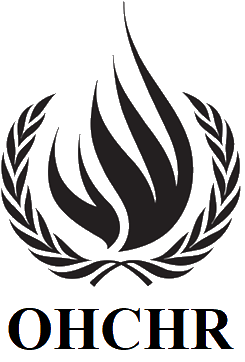GFoD submission to the OHCHR call for inputs on universal birth registration, use of digital technology
This submission has been coordinated by Simona Torotcoi, GFoD, Coordinator for Europe, with inputs from the following GFoD rights experts: Marina Csikós, and Fikrija Tair Selmani.
Discrimination based on Work and Descent (DWD) affects more than 270 million people worldwide. Communities Discriminated on Work and Descent (CDWD) can be found on all continents: Dalit communities in South Asia and Buraku in Japan, Roma communities in Europe, Haratin, Osu and other communities in West Africa and Quilombola or Palenque communities in Latin America.
DWD is a unique type of discrimination that takes the form of social exclusion based on inherited status and ancestral occupation. DWD is often associated with notions of “purity and pollution” and practices of untouchability.
Consequently, CDWD are faced with harassment and violence on a daily basis and face extreme forms of discrimination in accessing employment, education, healthcare, housing, water and sanitation and other basic services. CDWD are often bound by bonded labour or modern/ancestral slavery practices. For example, discrimination and poverty hinder access to birth registration and identity documents for Dalits in South Asia. Social exclusion and lack of awareness contribute to low registration rates among Haratins in Africa.
For the Quilombola in Brazil, geographic isolation and poverty impede access to administrative services. Discrimination, statelessness, and bureaucratic barriers result in many Roma lacking identity documents. GFoD and partners would like to respond to the call for inputs from the OHCHR to present the situation of communities Discriminated on Work and Descent. This submission focuses on the situation of several CDWD communities in African and Dalits in South Asia.
Read the full submission below:
There was also a submission on this issue with regards to the Roma community. A report by the European Union Agency for Fundamental Rights (FRA) in 2020 found that about 6% of Roma in Bulgaria do not possess a birth certificate. The same FRA report indicated that around 3% of Roma in Slovakia lack birth certificates.
Read the full submission below:
Also Read: CDWD's Simona Torotcoi addresses HLPF on how science & tech can empower community


